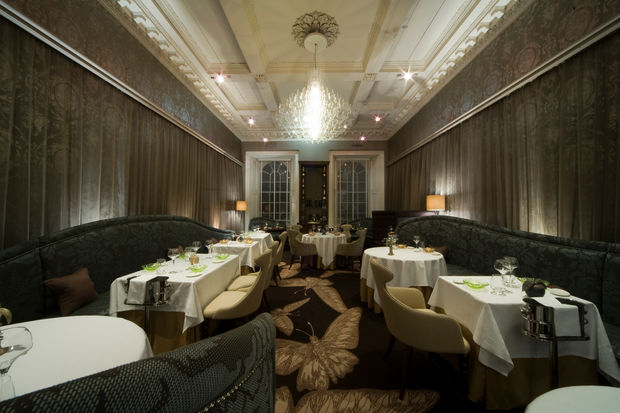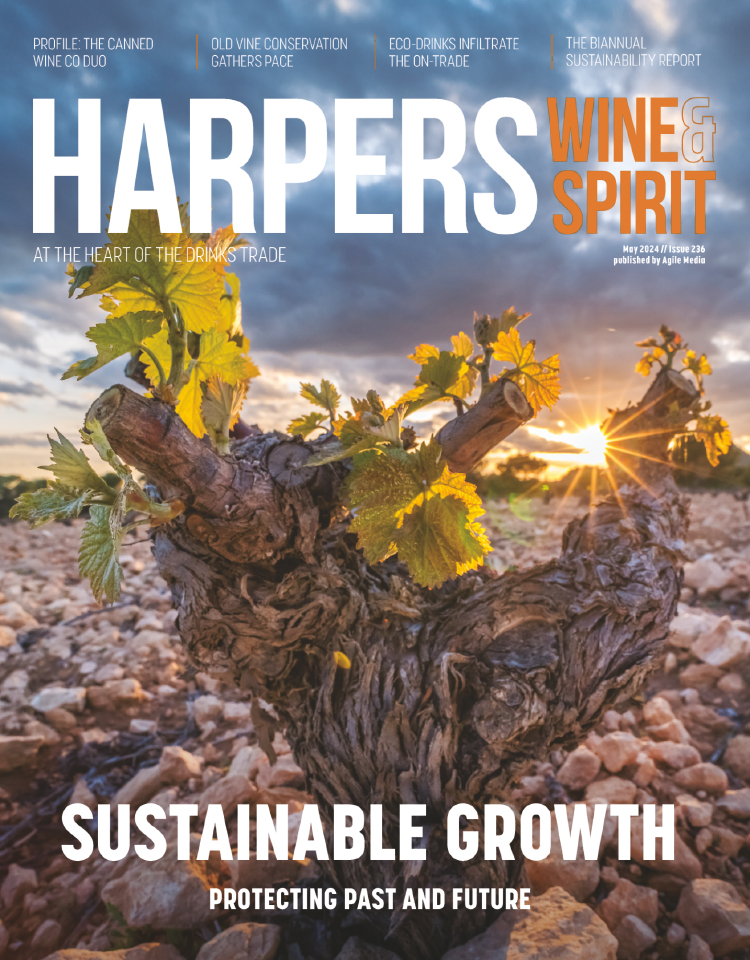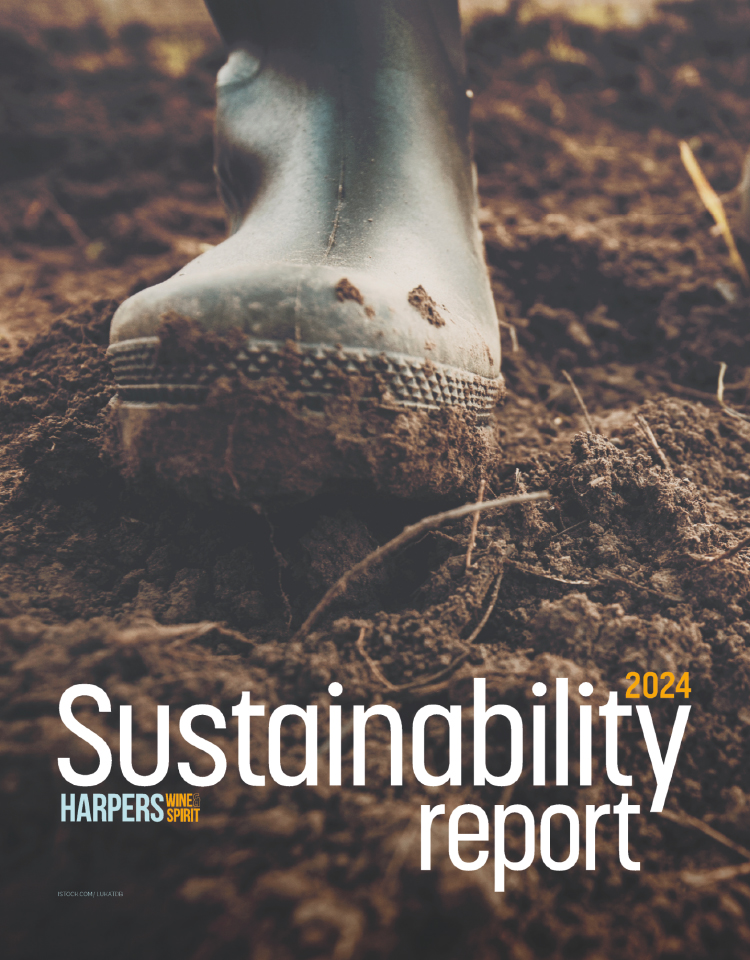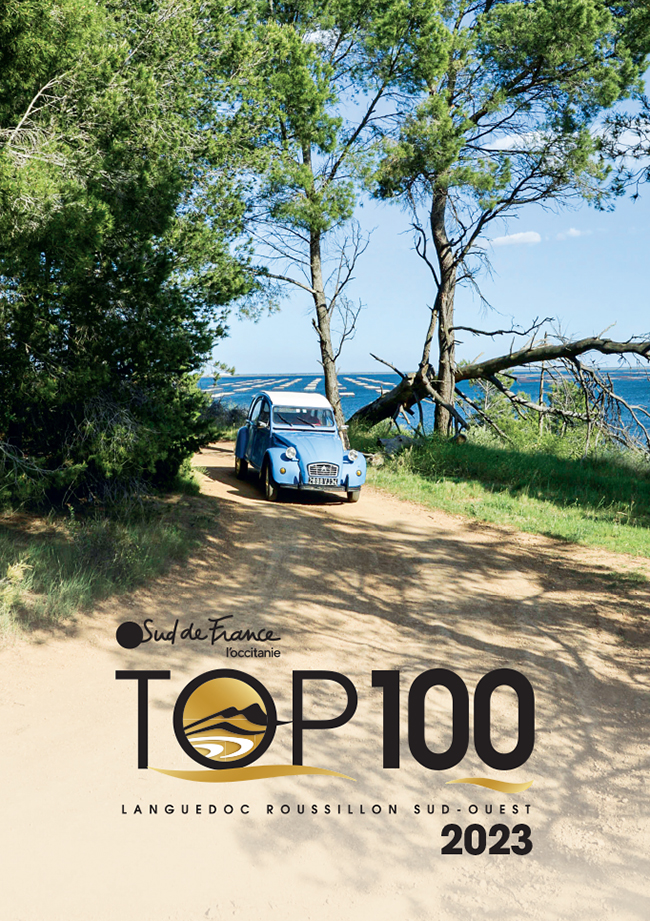
Premium restaurants: The art of wining, dining and buying at the top
The needs of fine dining restaurants inevitably differ to those in the mid range.
The needs of fine dining restaurants inevitably differ to those in the mid range and those which are independent will also differ from those in groups.
We spoke to two fine dining restaurants within hotels to find out who has the buying power and how they go about getting in stock.
Mathew Simmonds, head sommelier at Paul Kitching's 21212 in Edinburgh, is grateful for the flexibility he has.
"I'm very fortunate to have the backing of the owners to go out and find whatever I need for the restaurant. Obviously, I can't go around buying endless top end wine we won't sell, but our procedure is as simple as I order what I need when I need it. With this comes the accountability of being responsible if products aren't selling and if guests are unhappy with what's on offer, so it is a bit of a double-edged sword, but then all drinks buying for the on-trade is," he said.
"I have worked in other independent hotels/restaurants where there has been a weekly budget set for wine and spirits, and everything has to be approved by the owner before being listed. This is partly why I appreciate the freedom I have at 21212."
Glen Montgomery, sommelier at Number One - also in Edinburgh - said that he has the best of both worlds.
As part of the Balmoral hotel, the restaurant is able to "piggyback" off the buying power of the rest of the hotel, which also includes two bars, a brasserie and afternoon tearoom - but are still able to retain a level of autonomy.
"We're quite lucky as we get to design our own wine list. The procedure is to find wines through samples or tastings with suppliers. Then, once it's passed by the restaurant mangers, the request then goes to cost controller, finical director and cellar managers," he said.
Of course, quality and exclusivity are at the top of the priority list when it comes to making buying choices; and as the world becomes smaller and smaller, fine dining restaurants are increasingly finding themselves competing on a global scale.
"We're now competing in international markets," Montgomery added. "The mid-range restaurants in Edinburgh will compete locally. Our customers are well travelled and well informed, so we need to offer larger range of both price range and breadth of styles."
As a special occasion restaurant, ordering in high volumes doesn't fit their business model.
Instead, they are always on the look out for niche products which provide a point of difference.
"We're currently doing aged Bordeaux with drinking vintages from 1995 and 2000. The other day we bought two bottles of very aged Rioja in from 1975 so we could try the wine. If we decide to order more we might buy a case of the wine, but no more than that. That's what larger restaurants and groups can never afford to do."
Stay tuned for more in this series.







